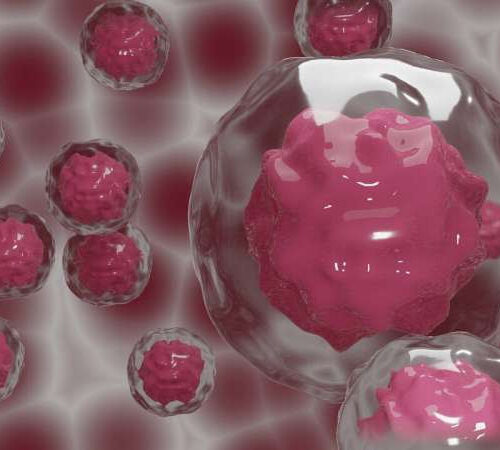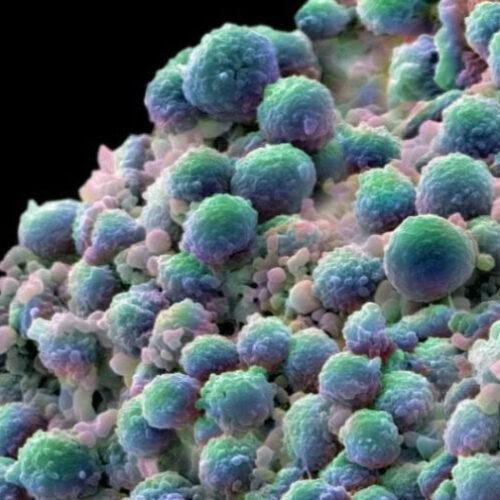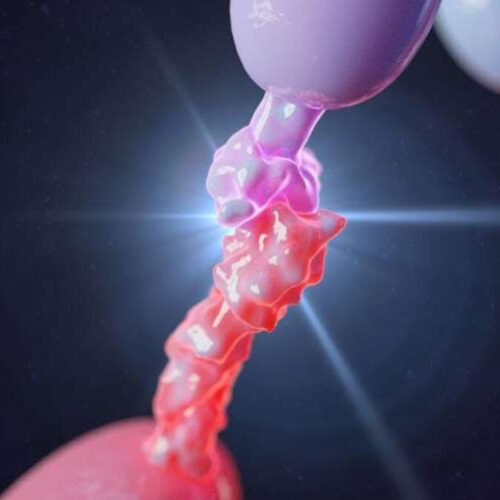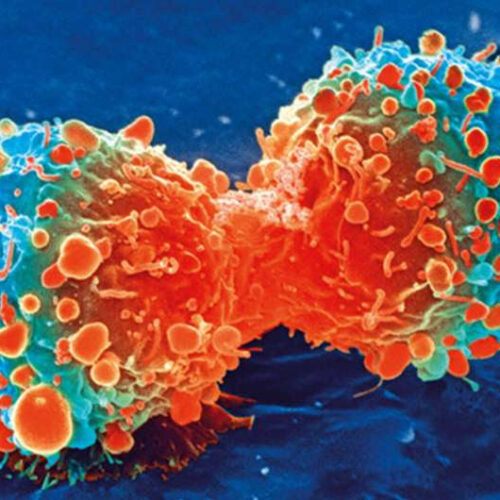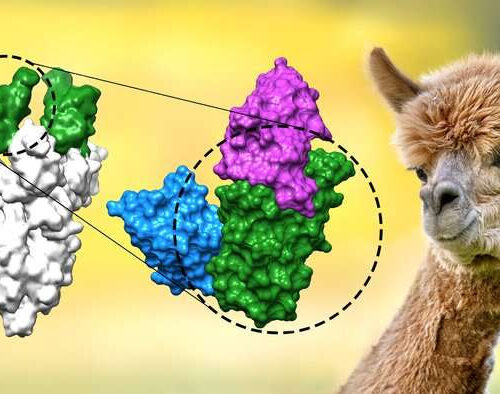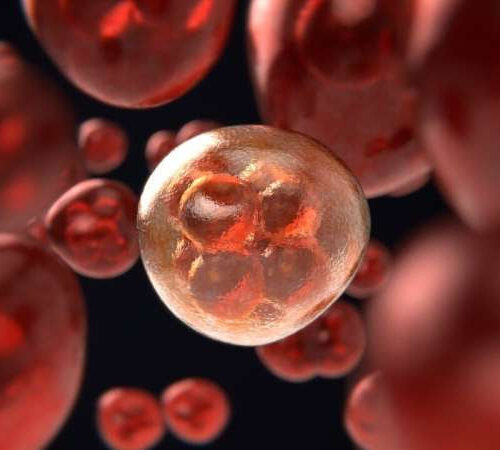by Skylar Cuevas, Vanderbilt University Credit: CC0 Public Domain With modern-day cancer therapeutics presenting adverse side effects to heart health, scientists are studying methods to attack cancer cells without the risk of damaging the heart. Researchers Steven Townsend, associate professor of chemistry, and Neil Osheroff, John Coniglio Professor of Biochemistry and professor of medicine, synthesized the biological compound...
Battle fatigue can drive T cells to exhaustion: Cancer and viruses are tough to fight
by Delthia Ricks , Medical Xpress An artist’s depiction of a T cell. Credit: NIAID Just as it is for marathoners who’ve completed a 26-mile run, or shrubs that have gone without water in a heatwave—exhaustion is an unavoidable fact of life. Dogs get exhausted after herding sheep; birds turn in for the night after...
Genomic test could help predict aggressive disease in men newly diagnosed with prostate cancer
An analysis of patient data from across Michigan found scores from the Decipher Biopsy test independently aligned with outcomes. After a biopsy comes back positive for prostate cancer, patients and their doctors are often left with a choice between taking a watch-and-wait approach, known as active surveillance, or proceeding with surgery or radiation. And identifying...
NIH researchers find many people want secondary genomic findings after initially refusing
NIH/NATIONAL HUMAN GENOME RESEARCH INSTITUTE IMAGE: RESEARCHERS FIND MANY PEOPLE WANT SECONDARY GENOMIC FINDINGS AFTER INITIALLY REFUSING. CREDIT: ERNESTO DEL AGUILA III (NHGRI) A study published today by researchers at the National Institutes of Health revealed that about half of individuals who said they don’t want to receive secondary genomic findings changed their minds after their healthcare...
AI algorithm shows self-esteem is one of four major predictors of suicidal behaviors in students
by McGill University Credit: CC0 Public Domain How can we predict suicide risk in students, especially at a time when the COVID-19 pandemic has negatively affected many people’s mental health? According to researchers from Montreal and France, self-esteem represents an important predictive marker of suicidal risk. The team from McGill University, University of Montreal, Inserm, and Université de...
Programmed cell death ligands are critical immune system molecules
by University of Tsukuba Credit: Alpha Tauri 3D Graphics/Shutterstock T cells are a crucial part of the human adaptive immune system. In response to a foreign invader in the body, various subsets of T cells are responsible for several functions that include killing infected cells and secreting signaling molecules called cytokines that tell other immune cells...
Study: Adding color to your plate may lower risk of cognitive decline
by American Academy of Neurology Credit: Unsplash/CC0 Public Domain A new study shows that people who eat a diet that includes at least half a serving per day of foods high in flavonoids like strawberries, oranges, peppers, and apples may have a 20% lower risk of cognitive decline. The research is published in the July 28,...
Powerful new ovarian cancer treatments may benefit more patients
by Walter and Eliza Hall Institute of Medical Research Cancer cell during cell division. Credit: National Institutes of Health WEHI researchers have made a discovery that could help more Australian women with ovarian cancer gain access to game-changing cancer treatments called PARP inhibitors. The research team found tumors from some ovarian cancer patients had changes that silenced a gene involved in DNA repair...
Highly potent, stable nanobodies stop SARS-CoV-2
by Max Planck Society The figure shows how two of the newly developed nanobodies (blue and magenta) bind to the receptor-binding domain (green) of the coronavirus spike protein (grey), thus preventing infection with Sars-CoV-2 and its variants. The nanobodies originate from alpacas and are smaller and simpler than conventional antibodies. Credit: Max Planck Society Göttingen researchers have developed...
One in four cancer patients lack sufficient immunity against measles and mumps, study finds
by Fred Hutchinson Cancer Research Center Credit: Pixabay/CC0 Public Domain Researchers at Fred Hutchinson Cancer Research Center have published findings in the journal JAMA Network Open indicating that many cancer patients lack sufficient immune protection against the measles and mumps viruses. The highest risk groups within the study were young adults and bone marrow transplant recipients, providing information...

